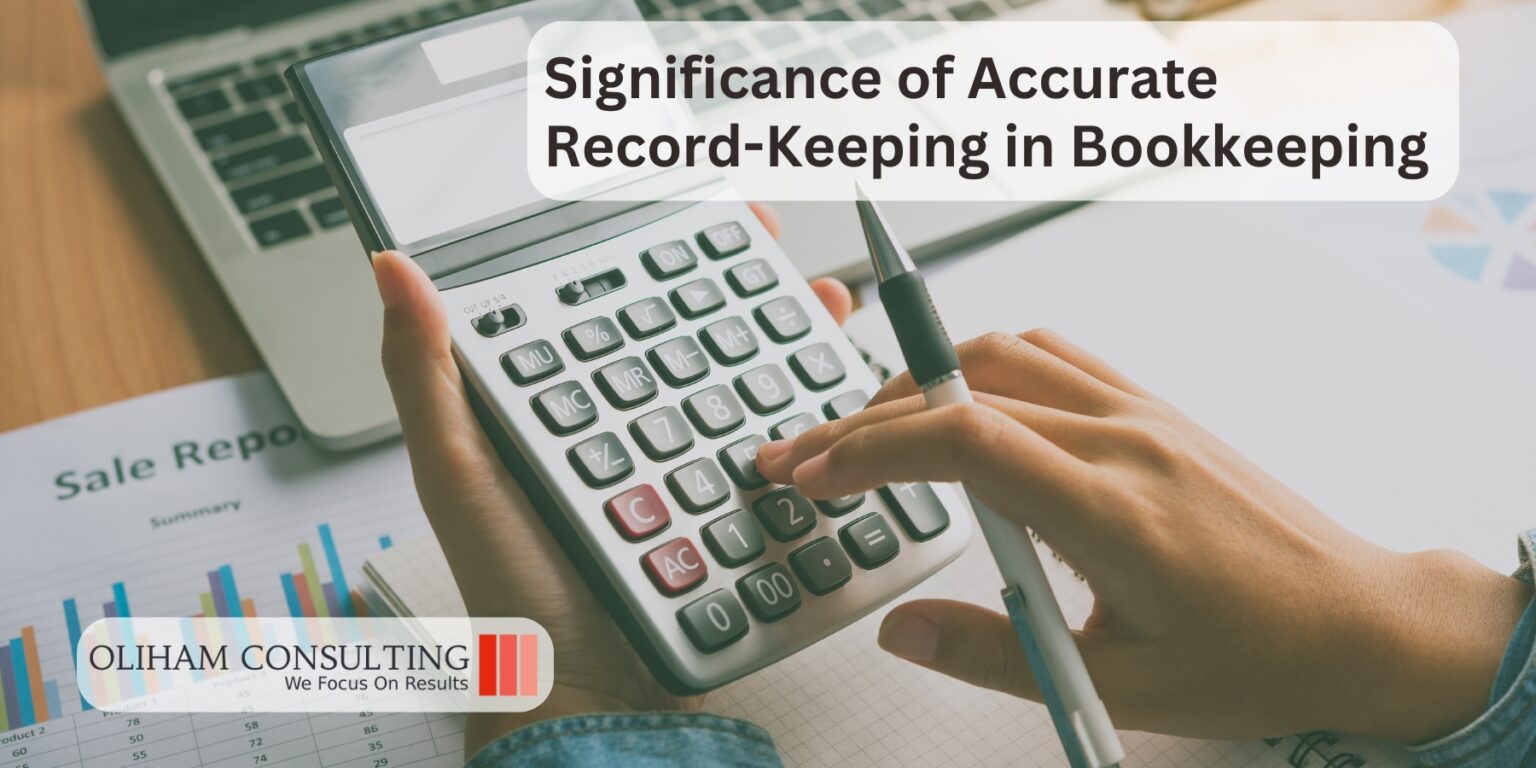Understanding the Significance of Accurate Record-Keeping in Bookkeeping
Record-keeping is the cornerstone of financial success for any business. Accurate bookkeeping ensures that a company’s financial transactions are properly documented, organized, and easily accessible when needed. By maintaining detailed records of income, expenses, and other financial activities, businesses can make informed decisions, track their performance, and comply with legal requirements.
Implementing best practices in bookkeeping not only helps in monitoring the financial health of a business but also improves transparency and accountability. It enables businesses to identify areas for improvement, manage cash flow effectively, and anticipate future financial needs. In today’s competitive business environment, accurate record-keeping is not just a good practice but a necessity for sustainable growth and success.
The Impact of Inaccurate Records on Business Finances and Compliance
Ensuring accuracy in financial reporting is paramount for businesses to maintain compliance and trust. Inaccuracies, compliance risks, and bookkeeping errors can lead to severe consequences such as legal penalties, damaged reputation, and financial loss. It is crucial for organizations to address these issues promptly to safeguard their financial stability and sustainability.
Benefits of Maintaining Precise Records for Small Businesses and Startups
Keeping accurate financial records is crucial for the success of any small business. By implementing effective bookkeeping practices from the start, startups can streamline their record-keeping process and ensure compliance with regulations. Detailed financial reporting not only helps in monitoring the business’s performance but also provides valuable insights for making informed decisions and planning for future growth.
How Technology is Revolutionizing Record-Keeping Practices in Modern Bookkeeping
Digital record-keeping tools and automated bookkeeping solutions have transformed the way businesses manage their finances. With advancements in technology, financial management has become more streamlined and efficient than ever before. These tools not only save time but also reduce errors, improve accuracy, and provide valuable insights for better decision-making. Embracing technology in finance management is crucial for staying competitive in today’s fast-paced business world.
Tips for Effective Record-Keeping to Enhance Bookkeeping Efficiency and Accuracy
Effective record-keeping strategies are essential for any successful business. By organizing financial documents and maintaining detailed audit trails, businesses can ensure accuracy, compliance, and transparency in their bookkeeping practices. These strategies not only save time and effort but also provide valuable insights into the financial health of the business.
Conclusion: Elevate Your Bookkeeping Game by Prioritizing Accurate Record-Keeping Practices Today!
In conclusion, it is crucial for businesses to prioritize accurate record-keeping practices to elevate their bookkeeping game. By implementing robust systems and processes for recording financial transactions, businesses can ensure compliance, make informed decisions, and maintain a clear financial picture.
Embracing technology tools such as accounting software can streamline bookkeeping tasks and enhance accuracy. Additionally, regular reconciliation of accounts, proper categorization of expenses, and timely documentation are essential steps in maintaining accurate records.
By committing to best practices in record-keeping, businesses can not only save time and resources but also set a strong foundation for financial success. Start prioritizing accurate record-keeping practices today to take your bookkeeping game to the next level!





